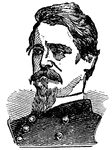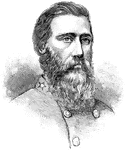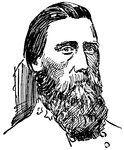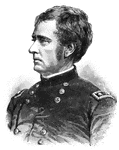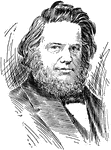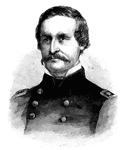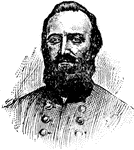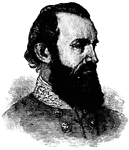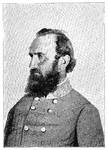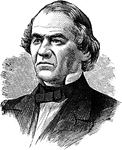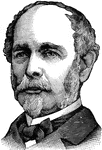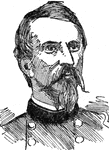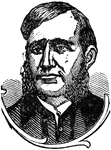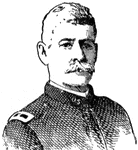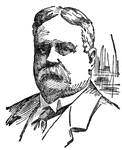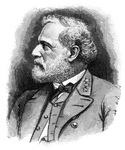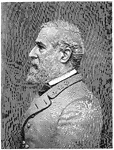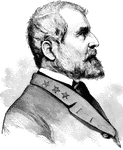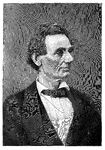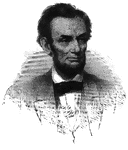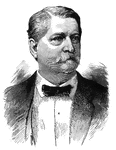
General Winfield Scott Hancock
"General Hancock, born in Montgomery Square, Montgomery County, Pa., February 14th, 1824; died on Governor's…
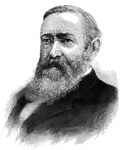
General Benjamin Harrison
"General Harrison, twenty-third President of the United States, was born at North Bend, Ohio, August…
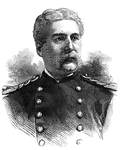
General Edward Hatch
"General Hatch, born in Bangor, Me., December 22nd, 1832. In April, 1861, he was a member of the District…
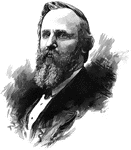
General Rutherford B. Hayes
"General Hayes was the nineteenth President of the United States, born in Delaware, O., October 4th,…
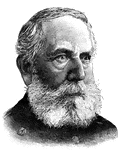
General William B. Hazen
"General Hazen, born in West Hartford, Vt., September 27th, 1830; died in Washington, D. C., January…
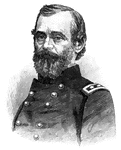
General Samuel P. Heintzelman
"General Samuel P. Heintzelman was inthe Battle of Bull Run during the Civil War."—E. Benjamin…
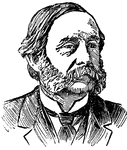
Thomas W. Higginson
(1823-1900) American author who was a commander of the first regiment of former slaves during the Civil…
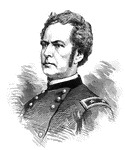
General Joseph Hooker
"General Hooker, born in Hadley, Mass., November 13th, 1814, died in Garden City, N. Y., October 31st,…
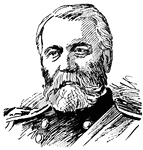
General O. O. Howard
(1830-1909) Union soldier who was a part of Stonewall's attack and led troops in Sherman's March to…
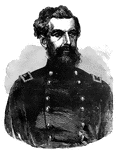
General Oliver O. Howard
"General Howard, born in Leeds, Me., November 8th, 1830, was graduated at Bowdin in 1850, and at the…
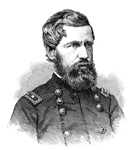
General Oliver O. Howard
"General Oliver O. Howard served during the Civil War."—E. Benjamin Andrews 1895
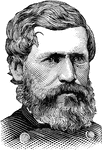
Oliver O. Howard
General Howard was a general in the Civil War and famous for his battles against the Western Indian…

General David Hunter
"General Hunter, born in Washington, D. C., July 21st, 1802, died there, February 2nd, 1886, was graduated…
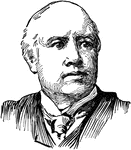
Robert Green Ingersoll
Colonel Robert Green Ingersoll (August 11, 1833 – July 21, 1899) was a Civil War veteran, American…
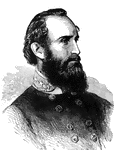
General Thomas J. Jackson
"General Stonewall Jackson, born in Clarkesburg, W. Va., January 21st, 1824, died at Chancellorsville,…
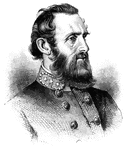
General Thomas J. Jackson
"General Thomas J. ('Stonewall') Jackson served during the Civil War."—E. Benjamin Andrews 1895
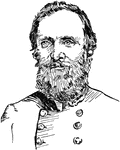
Thomas J. (Stonewall) Jackson
Thomas Jonathan "Stonewall" Jackson (January 21, 1824 – May 10, 1863) was a Confederate general…

Albert Sidney Johnston
(1803-1862) A Confederate general in the American Civil War who was killed during the Battle of Shiloh.
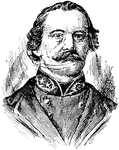
Albert Sidney Johnston
(1803-1862) American soldier who fought in the Black Hawk War, the war for Texan independence, the Mexican…
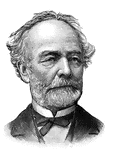
General Joseph E. Johnston
"General Johnston, born in Cherry Grove, near Farmville, Va., February 3rd, 1807; died at Washington,…
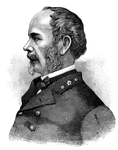
General Joseph E. Johnston
"General Joseph E. Johnston was involved in the Battle of Bull Run."—E. Benjamin Andrews 1895
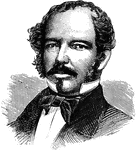
General Joseph E. Johnston
Confederate General Joseph E. Johnston, who surrendered two weeks after Lee.
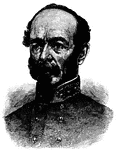
Joseph E. Johnston
(1807-1891) Soldier that fought in the Mexican War and in the Confederate side of the Civil War.
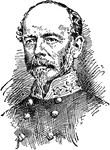
Joseph E. Johnston
(1807-1891) A senior general in the Confederate States Army during the American Civil War.
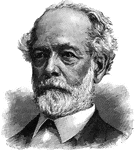
Joseph Eggleston Johnston
Joseph Eggleston Johnston (February 3, 1807 – March 21, 1891) was a career U.S. Army officer,…
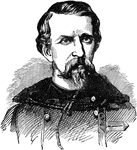
Kearny, Philip
Philip Kearny, Jr., (June 2, 1815 – September 1, 1862) was a United States Army officer, notably…
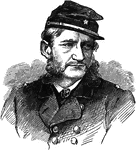
Hugh Judson Kilpatrick
Hugh Judson Kilpatrick (January 14, 1836 – December 4, 1881) was an officer in the Union Army…
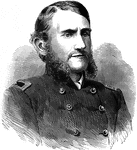
General Judson Kilpatrick
"General Kilpatrick, born near Deckertown, N. J., January 14th, 1836, died in Valparaiso, Chili, December…

General Rufus King
"General King, born in New York city, January 26th, 1814, died there, October 13th, 1876, was graduated…
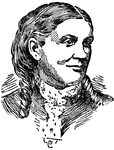
Lucy Larcom
Wrote many poems during the Civil War. Some of her published works include Wild Roses of Cape Ann…
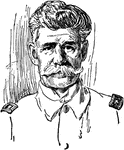
Henry Ware Lawton
Henry Ware Lawton (17 March 1843–1899) was a highly respected U.S. Army officer who served with…
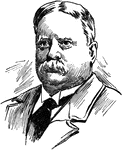
Fitzhugh Lee
Fitzhugh Lee (November 19, 1835 – April 18, 1905), nephew of Robert E. Lee, was a Confederate cavalry…
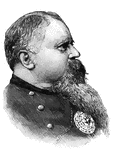
General Fitzhugh Lee
"General Lee, born in Clermont, Fairfax County, Va., November 19th, 1835, was graduated at the United…

General Robert E. Lee
Robert Edward Lee (January 19, 1807 – October 12, 1870), was a career United States Army officer,…
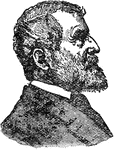
Robert E. Lee
Robert Edward Lee was a career army officer and the most successful general of the Confederate forces…

Robert E. Lee
(1807-1870) A famous U.S. Army office and general of the Confederate forces during the American Civil…
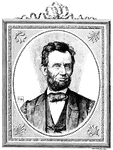
Abraham Lincoln
"Abraham Lincoln, former United States President, involved in slavery issues and the Civil War."—E.…
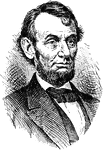
Abraham Lincoln
(1809-1865) An American politician and sixteenth President of the United States and the first president…
